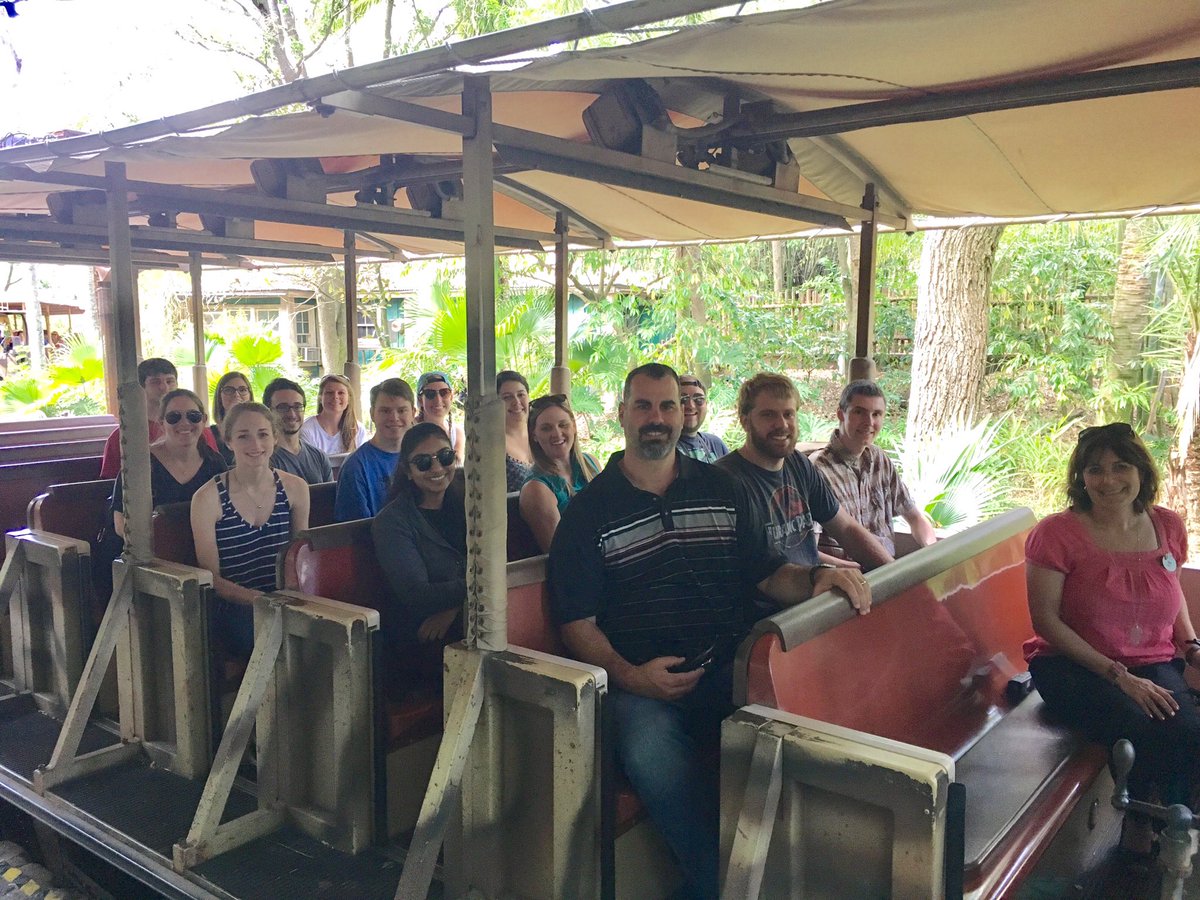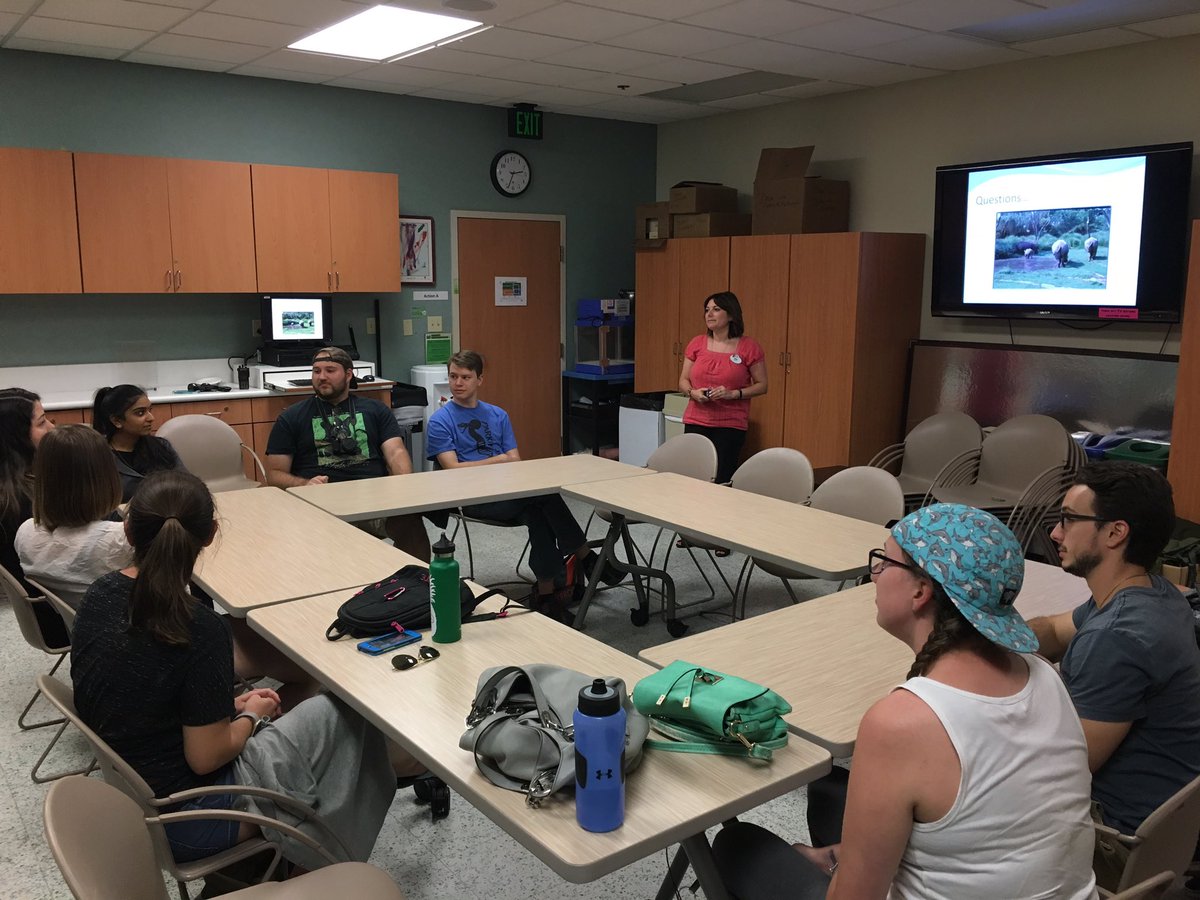Courses
PCB 4683 Population Biology and Evolution – Syllabus
This course provides an introduction to the topics of population biology, population genetics and evolutionary biology. The approach will not be descriptive but instead will emphasize basic principles and theory. Basic evolutionary genetics will be considered as the foundation underlying all aspects of evolutionary biology. Concepts in speciation, adaptation, classification, and macroevolution will be considered. The importance of evolutionary concepts to all facets of biology will be stressed, with special emphasis on the interplay between evolution and the traditional fields of ecology, genetics, and development.
PCB 5556 Conservation Genetics – Syllabus
This course will serve as an introduction into the field of conservation genetics. Of primary importance is an understanding of genetic diversity and how it is measured. Additionally, this class will focus on understanding why it is important to stop the loss of genetic diversity that is currently ongoing and how this can be achieved. This class will also introduce the tools of molecular genetics that are used to understand population structure, breeding systems, and evolutionary relationships among taxa. Moreover, this class will focus on how to estimate population parameters that are important for maintaining genetic diversity. These concepts will necessarily be based on genetic models and require a quantitative approach to genetics. Overall, the aim of this class is to enable you to apply insights gained from modern genetic techniques to improve the effectiveness of traditional approaches to conserve biological diversity.

My 2017 Conservation Genetics class at Animal Kingdom.

Dr. Gina Ferrie, who received her Ph.D. in the Hoffman Lab, taught students about current conservation genetic applications.
PCB 5937 Population Genetics and Evolution – Syllabus
This course will serve as an introduction into the field of population genetics. Of primary importance is an understanding Mendel’s laws and other genetic principals as they affect entire populations of organisms. This course will also include the study of the various forces that result in evolutionary changes through time. Moreover, this class will focus on how to estimate population parameters that are important descriptors of genetic variation. These concepts will necessarily be based on genetic models and require a quantitative approach to genetics. Overall, the aim of this class is to enable you to apply insights gained from classic and modern genetic techniques to understand how genetic variation is produced, maintained, and distributed within and among populations.